Angular vs. Vue.js- A Handy Comparison Guide
Last Updated on: July 10, 2020
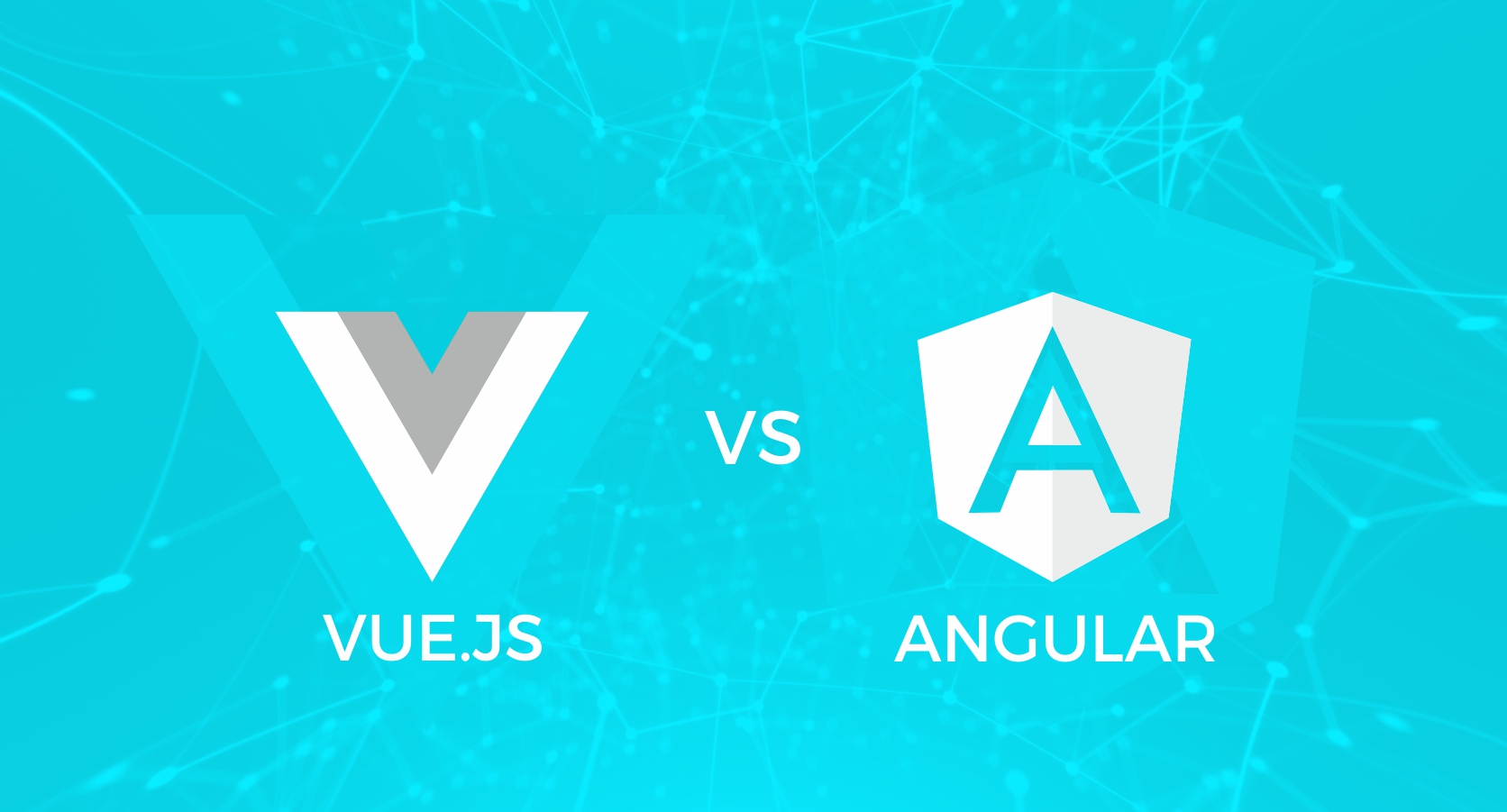
Modern front-end development has dramatically changed a lot in the past few decades. As a front-end developer, whenever I think of modern front-end development, three promising technologies come to my mind, which I believe most of you can guess with ease-
Each of these comes with its own set of strengths and weaknesses. What should I use for my next project, should it be React or Angular or Vue.js is a very common question that quiver in the mind of every front-end programmer.
Based on my experience, I am writing this blog to compare two of the biggest players in the front-end development market i.e. Angular (Being the oldest among the three of them) and Vue (Being the youngest among the given cohort) and will try to find out the answer what you should use in your next project. If you want to find a comparison between and React and Vue.js you can find it here in this blog.
Before commencing a debate on the pros and cons of these two, let’s explore some history of Vue and Angular.
Angular
Angular is a TypeScript-based JavaScript framework. Developed and maintained by Google, Angular is the rewritten, an incompatible successor to AngularJS. While AngularJS was initially released in October 2010, and Angular was introduced in September 2016 as Version 2.
There are numerous advantages of using Angular in web front-end development –
-
It’s all MVC
The core idea behind Model View Controller or MVC is to separate an application into 3 major logical components viz. the model, the view, and the controller so as to isolate the application logic from the user interface layer.
-
Out-of-the-box TypeScript support
TypeScript is a superset of JavaScript with design-time support for type safety and tooling. The availability of types makes the code written in TypeScript less susceptible to run-time errors.
-
Owned by Google
Supported by the tech giant Google. Gives Angular New Version after every six months.
-
Dependencies Injection
AngularJS comes with a built-in dependency injection subsystem that simplifies the process of unit testing.
Vue
Vue is also a JavaScript framework that was first released in February 2014 by an ex-Google-employee Evan You. Vue is the most rapidly growing JS framework, especially without the backing of any big company. The Vue inherits most of the good things from both React and Angular and hence some techies consider it an unofficial child of Angular and React.
There are several advantages of using Vue in web front-end development –
-
It’s small size
The size of this framework is 18–21KB and it takes no time for the user to download and use it. This does not mean that its performance is compromised- in fact, it beats all the bulky frameworks like React.js, Angular.js, and Ember.js.
-
It’s relatively easy
Personally, I am a big fan of Vue. It’s very easy to learn- in fact, I was able to learn and adapt Vue in daily development tasks in less than two weeks.
-
Vue’s documentation is commendable
Even though it is not backed up by multi-billion dollar organizations like Google or FB, it still has managed to evolve in a very short span of time and has ensured that the updates are not as complicated to soak as has been the case with some of the other market dominant names.
-
Offers a great deal of flexibility
It empowers its users to write their template in JavaScript file, HTML file, and pure JavaScript file using virtual nodes. This flexibility also makes it undemanding to understand for React, Angular or any other JS developers.
Comparison- Angular vs. Vue.js
Here are some key parameters based on which we’ll compare Angular and Vue frameworks-
- How mature these frameworks are?
- How much they are compatible with the different size of applications?
- What about the learning curve for each of these frameworks?
- How much developer/development friendly these frameworks are?
- What kind of performance do you expect from the application?
- How can you start structuring your application with the chosen framework?
- Is this framework likely to fulfill your project scalability?
Ready, Set, Go!
1. Community and Popularity
Definitely Angular is more popular among big companies. It has a large community and a back support of Google.
Vue too is growing quickly and has gained a lot of traction from developers in recent years.
It’s a small community and has no big company back support
Talking about statistics-
On Github, Angular has > 41,000 stars and 730 contributors, and Vue has almost 114,000 stars and only 193 contributors.
On Github Stars, History for Angular, React and Vue, once again, Vue seems to be trending very well. According to bestof.js, Angular has been getting average of 37 stars, and Vue 135 stars per day.
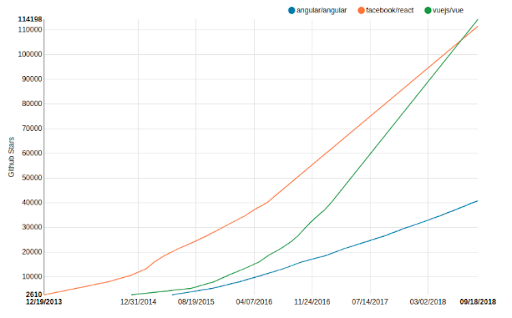
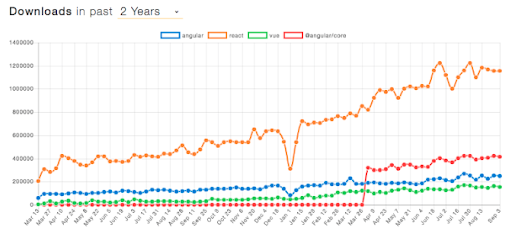
Source : Medium
2. Syntax And Codelength
While working on both the Frameworks, I have noticed that Angular uses more complex syntax while Vue is easy to learn because of its simplicity in terms of syntax. The time I have consumed to do simple things in Angular is more. Sometimes its complexity often leads to confusion.
Vue is easy to learn because of its uncomplicated nature of syntax. Here, the syntax is neat and clean. And coming from the background of JavaScript, it is quite easy for me to learn Vue. Because Angular uses TypeScript (usage of decorators and injectors), so one should have the basic knowledge of TypeScript or have worked on OOPS concept.

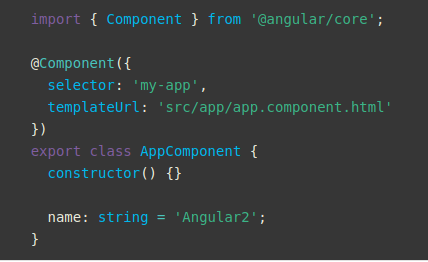
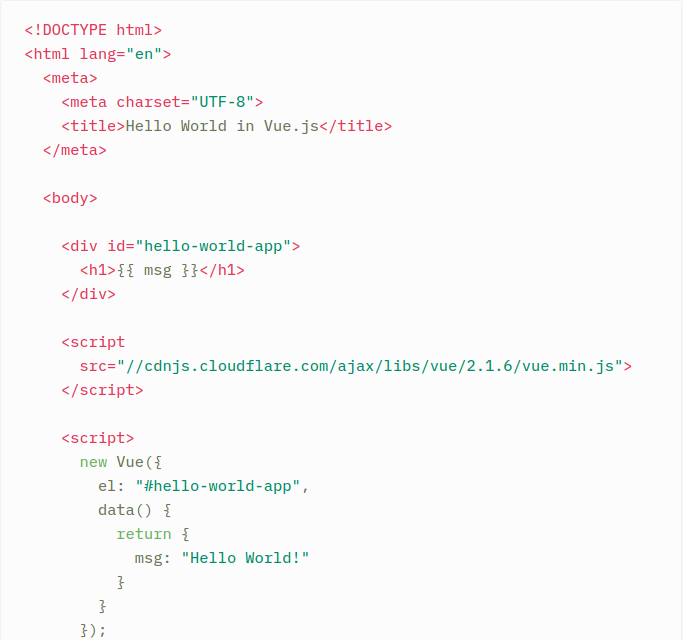
3. Structure
Angular is more structured and elaborated. It forces the developer to do everything in a standard way. Mainly large enterprise projects rely on Angular because of its predefined structure which ensures that every developer follows the same architecture.
Vue is more flexible and it allows the developer to structure the project the way you want. It allows the user to write their template in HTML file or Javascript file. You can use Angular if your personal preference is TypeScript and OOPS. Moreover, Vue also provides typescript for project development but there are not many libraries in it.
4. Code Scalability
When you are going to have a massive codebase, Angular is good in terms of code scalability because being a full-fledged framework it bounds the developer to develop code in a specific code structure.
On the other hand, Vue.js lacks a list of the best scaling practices. There is no specific application structure applied to users from Vue.js to follow which is very important when you going to have a large code base.
5. Built-in Libraries
Since Vue is new, it has less framework-specific libraries, thus you have to include most of the third party libraries explicitly.
Angular has so many framework-specific libraries and also most of the libraries are included earlier in Angular-CLI project.
For example- The library like RxJS are inbuilt in Angular CLI projects but in Vue, you have to explicitly install other libraries including RxJS to make it work.
Also Angular has inbuilt API-specific libraries the developer don’t have to install it explicitly. Vue doesn’t come with API-specific library and have to use AXIOS library explicitly for API calls.
6. Performance

The use of Virtual-DOM concept makes Vue more performative when compared to Angular.
On the other hand, Angular uses watchers for data rendering.
Let’s start with Virtual DOM. Assume, that you have dynamic table of n rows.
Now, something changes in the first row. What most frameworks do is rebuild and re-render the whole list. It’s n times more work than necessary, since we need to update only the first row.
Not let’s take a look at what virtual DOM will do in this situation.
Before any updation, it creates the copy of the DOM and works with this copy. When virtual DOM has been updated, it compares the same with the older version that has been captured before the update and finds elements that must be updated. After checking the difference, in real DOM only those parts are updated which are changed.
7. Beyond the Web
Angular comes with Ionic and native script for mobile application development. Vue is the best choice for developers that enjoy native mobile development, using Alibaba Weex, and Vue-Native, but all these are pretty new in comparison to Ionic.
But neither of those mobile frameworks allows them to reach the performance of React Native.
Summary- Angular vs. Vue.js
Vue.js is very lightweight and easy to learn framework that lets you create stunning applications your way. It is not as much famous as Angular (maintained by Google) among developers, but certainly creating major waves of change. You might not know, but Laravel community has also considered it as one of their preferred front-end frameworks. Angular is a much-evolved framework and has several tools right out of the box. You can decide what to choose on the basis of below key points-
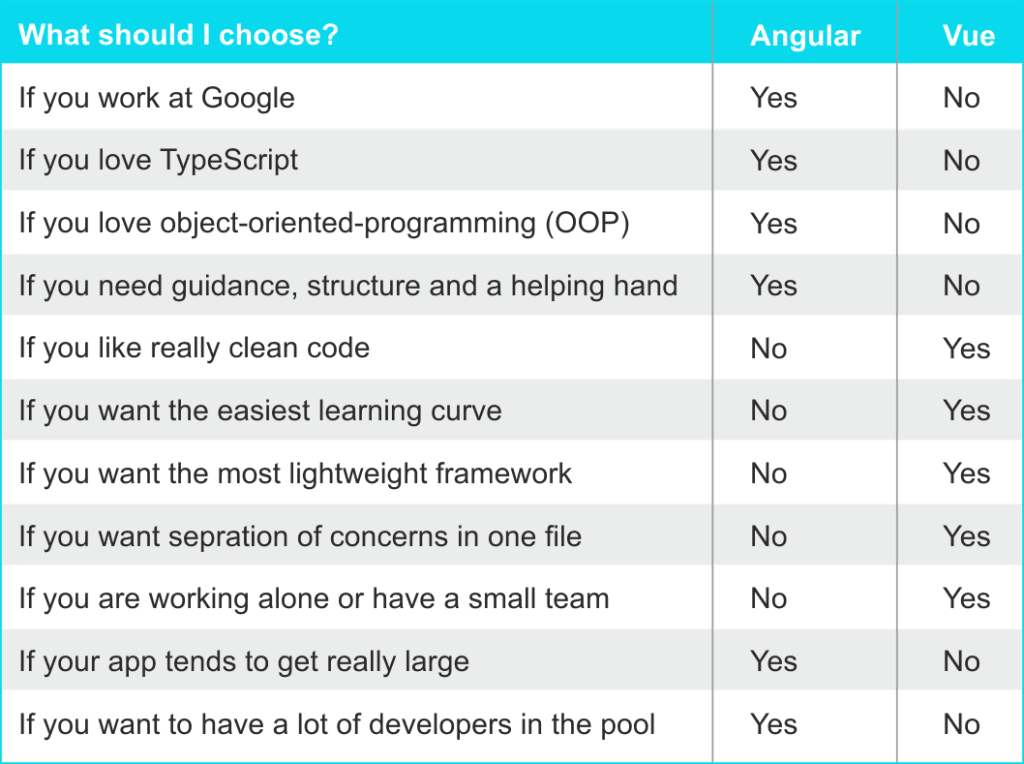
If you still can’t decide, first learn Vue, then Angular.
We at Systango have a cohort of expert front-end and full-stack developers who all are adept at designing everything sleek and sharp. We use all cutting-edge technologies including React, Angular, and Vue.js to craft empowering and seamless online experiences.
Discuss your next project– we would love to hear from you!







Thanks for sharing information.
Hello,
Thank you for sharing this list of comparisons between Angular and Vue.js.
Loved this post and I’m definitely pinning it to share!